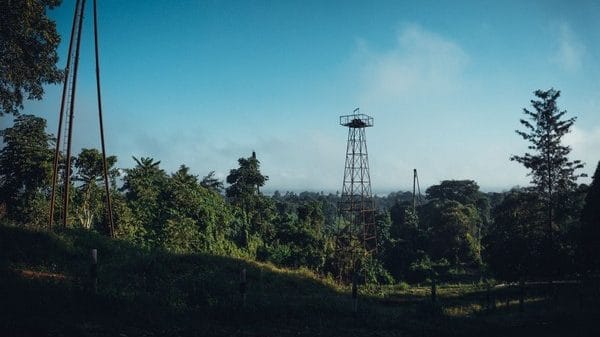Thank you dear subscribers, we are overwhelmed with your response.
Your Turn is a unique section from ThePrint featuring points of view from its subscribers. If you are a subscriber, have a point of view, please send it to us. If not, do subscribe here: https://theprint.in/subscribe/
The devastating incidents of landslides and unprecedented floods in the ecological sensitive regions of the mountain terrains in North India are a wakeup call to the spate of ‘maldevelopment’ projects that are to some extent responsible for the man-made ecological disasters that we are now witnessing year after year during the monsoon months. Undoubtedly, climate change is responsible for such events but perhaps it is too late to stop the onslaught of the climate factor that is going to continue. We can at best try to reduce the devastation caused by climate events to a minimum while we try to address the larger concerns of climate change both on the national and global front.
Looking back, one can say that much of the development that has happened in the country and also globally, has followed the principle of economic growth while ignoring the ethical principles of sustainable growth. All this has happened over decades but is now causing colossal damage both to human life and the ecologically fragile environment. Environmental calamities are causing destruction to life and livelihoods year after year. But, are we learning any lessons?
The ‘reduction’ in the cost of climate effects can happen when we realize how we ‘ought’ to understand ‘development’, carefully distinguishing between instances of ‘worthwhile development’ from unsustainable ‘maldevelopment’ – a question of ‘development ethics’ that has been neglected far too long by policy makers resulting in mal-development which has levied a huge cost to human well-being both intra and inter- generationally and caused environmental crisis.
The UN Charter of Human Rights accepts the Right to Development as a collective human right. But ‘development’ here is to be understood as ‘worthwhile development’ as distinguished from ‘maldevelopment’ which is not sustainable. Development ethicists have come up with seven criteria that define ‘worthwhile development’. All development must meet the following criteria. It must promote:
- Human well-being and security
2. Equity
3. Participation and empowerment of all stakeholders - Cultural freedom
5. Environment sustainability
6. Human rights
7. Integrity regarding corruption
Each of the seven above is a value beyond economic value and needs to be taken seriously by policymakers. Any development project that flouts one or more of these seven criteria must be deemed to be unsustainable and discarded. Serious violations must not be tolerated and minor violations must be justified with efforts of compensation for the loss incurred. Neglecting one or more of these values by prioritizing only the economic value of a development project is going to extract a cost in future by affecting both human well-being and environmental sustainability.
It is the collective voice of the most affected stakeholders that counts and we have seen that voice making a difference in the Hon. Supreme Court judgement in the Niyamgiri mining case. Hence public awareness of what is worthwhile development is important because awareness and concern propel action.
The approach to development needs to be a ‘bottom up’ approach rather than a ‘top down’ approach since it is often seen that local stakeholders know better about the actual sustainability of a project than the subject experts. This means that all stakeholders need to be taken on board when considering development projects, not just the policy makers and subject experts. In the light of this, the aim to promote ‘sustainable development’ may seem a difficult task for policy makers since the conflicting interests of many stakeholders come into play. But the task must be taken seriously since there is no other alternative if human and environmental well-being is our concern. Awareness about what is ‘worthwhile’ development and why we need to be vigilant about the kind of development happening around us is a big step in the curtailment of unsustainable development. After all, it is people amongst us who are policy makers and/or implementers and we need to realize that development policies must to be ethical too besides meeting other criteria of viability.
The effects of climate change will happen since it is like an arrow that has left the bow which is unstoppable in its trajectory. But, we can make an effort to minimize the impact of its effect by ensuring that our development policies and their implementation are meeting the ethical standards of development ethics. That is the responsibility of policy makers. As for the general public, awareness and timely response is the little bit we can do to ensure that only the right policies get implemented.
These pieces are being published as they have been received – they have not been edited/fact-checked by ThePrint.


